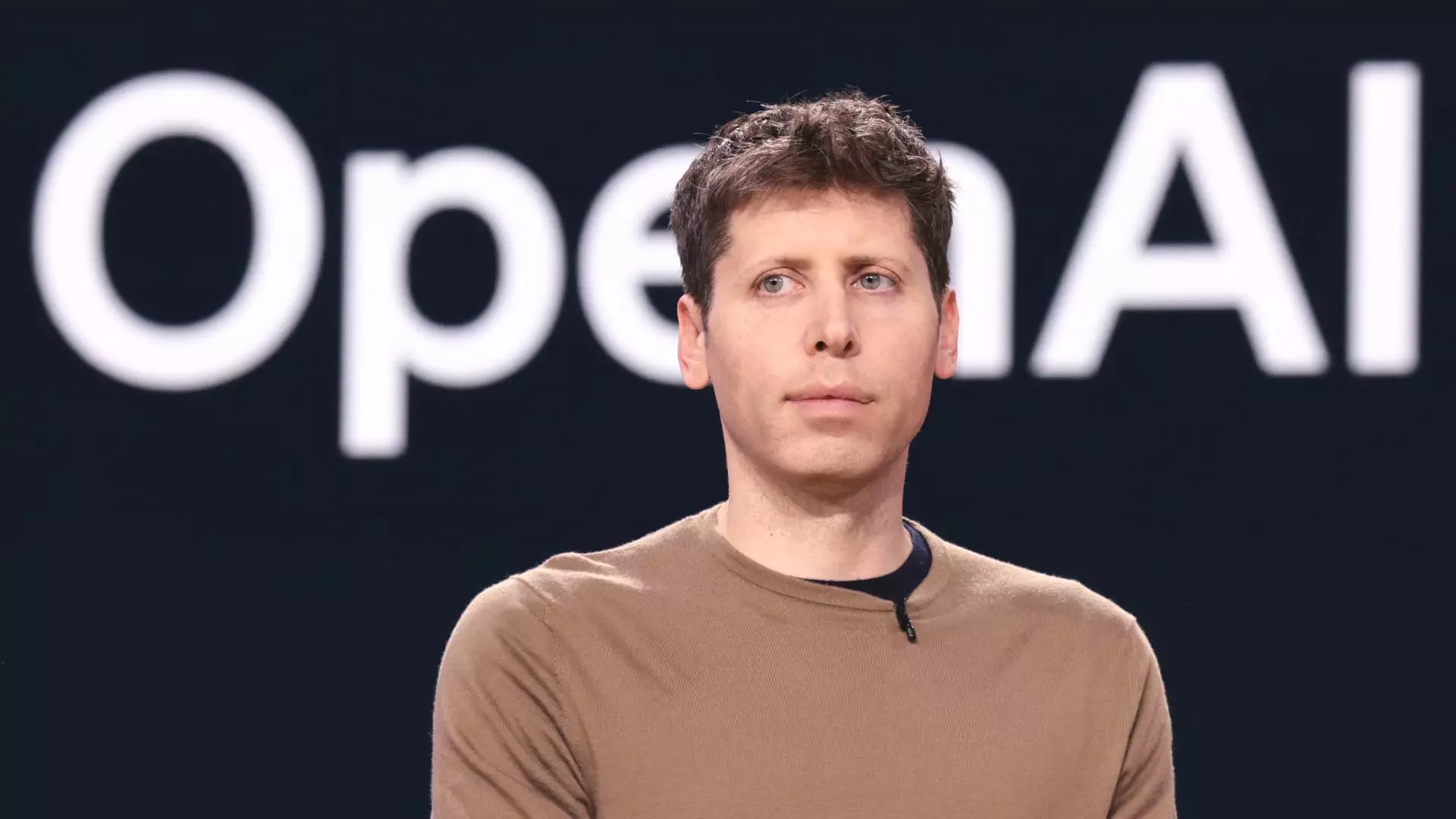In a strategic move to enhance its operational integrity, OpenAI has announced that its newly formed Safety and Security Committee will transition into an independent oversight board. This development marks a significant attempt to address the concerns mounting from various stakeholders regarding the safety and urgency of AI deployment. Established amidst an uproar over the adequacy of security measures within the organization, the committee’s evolution reflects OpenAI’s commitment to transparency and accountability.
Leadership and Composition of the Committee
The independent board will be chaired by Zico Kolter, a distinguished figure in the realm of artificial intelligence, currently serving as the director of the machine learning department at Carnegie Mellon University. The committee boasts an impressive lineup of members, including Adam D’Angelo, a co-founder of Quora and an OpenAI board member; Paul Nakasone, a former NSA chief; and Nicole Seligman, who previously held the position of executive vice president at Sony. This diverse coalition is poised to guide the strategic direction of OpenAI’s safety protocols and security processes, a necessity as AI technologies continue to evolve at a rapid pace.
The committee was initially tasked with conducting a thorough 90-day review, scrutinizing various safety processes in place at OpenAI. Their findings culminated in five actionable recommendations designed to bolster governance around the company’s AI models. These include establishing independent oversight mechanisms, enhancing security protocols, prioritizing transparency, fostering collaboration with external organizations, and unifying existing safety frameworks within the company. By implementing these recommendations, OpenAI aims to mitigate risks associated with its increasingly powerful AI systems.
In tandem with these governance reforms, OpenAI is also preparing for the launch of o1, a new AI model intended to tackle complex reasoning tasks. The Safety and Security Committee has played a crucial role in assessing the safety and security standards applied to o1. Their evaluations will not only influence the model’s launch timeline but grant the committee the authority to postpone releases should safety concerns arise. This proactive approach seeks to ensure that the rapid advancements in AI do not come at the expense of user safety or ethical considerations.
Addressing Controversies and Employee Concerns
Despite experiencing significant growth following the launch of ChatGPT in late 2022, OpenAI has faced an array of controversies, including employee discontent and high-profile departures. Current and former employees have raised alarms about the company’s pace of expansion, suggesting it may compromise safety and operational efficacy. In a notable July correspondence, a group of Democratic senators underlined their concerns to CEO Sam Altman, specifically inquiring about how the company addresses emergent safety issues. This reflects a broader sentiment within the tech community regarding the need for stringent safety regulations surrounding AI technologies.
The issue of governance at OpenAI has been turbulent, further compounded by the disbanding of its long-term risks team, only a year after its creation. Leaders within this team, Ilya Sutskever and Jan Leike, exited the organization, prompting questions about the company’s long-range vision for AI safety. Critically, previous board members have indicated that they received misleading reports about the limited formal safety measures that existed, raising alarms about the company’s internal communication dynamics.
The Way Forward: Balancing Innovation with Ethical Responsibility
The transformation of OpenAI’s Safety and Security Committee into an independent oversight board represents a critical step towards improving ethical accountability in AI development. By embracing an independent governance model and addressing past deficiencies, OpenAI is asserting its responsibility to foster a technological landscape that prioritizes safety alongside innovation. It remains to be seen how effectively these measures will be implemented and whether they can stabilize the complexities surrounding AI advancement in a manner that engenders public trust. With substantial investments on the horizon, including a significant infusion from Thrive Capital, it is vital for OpenAI to build a robust governance structure that adequately reflects its aspirations and responsibilities in the evolving world of artificial intelligence.


Leave a Reply